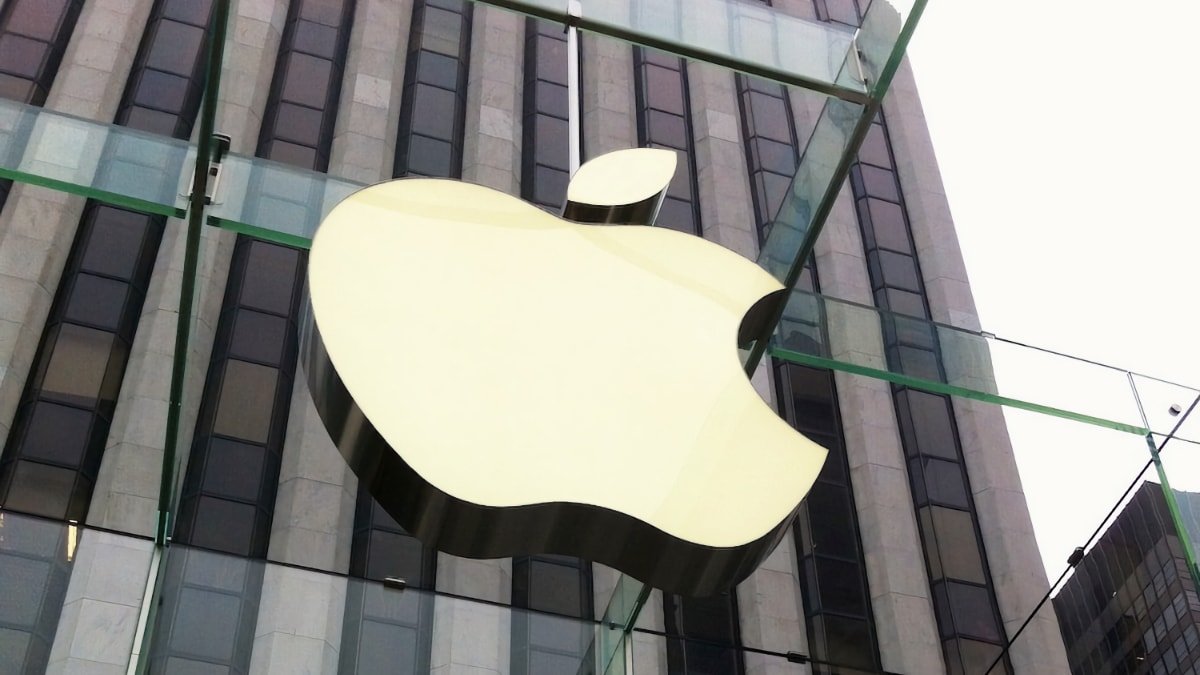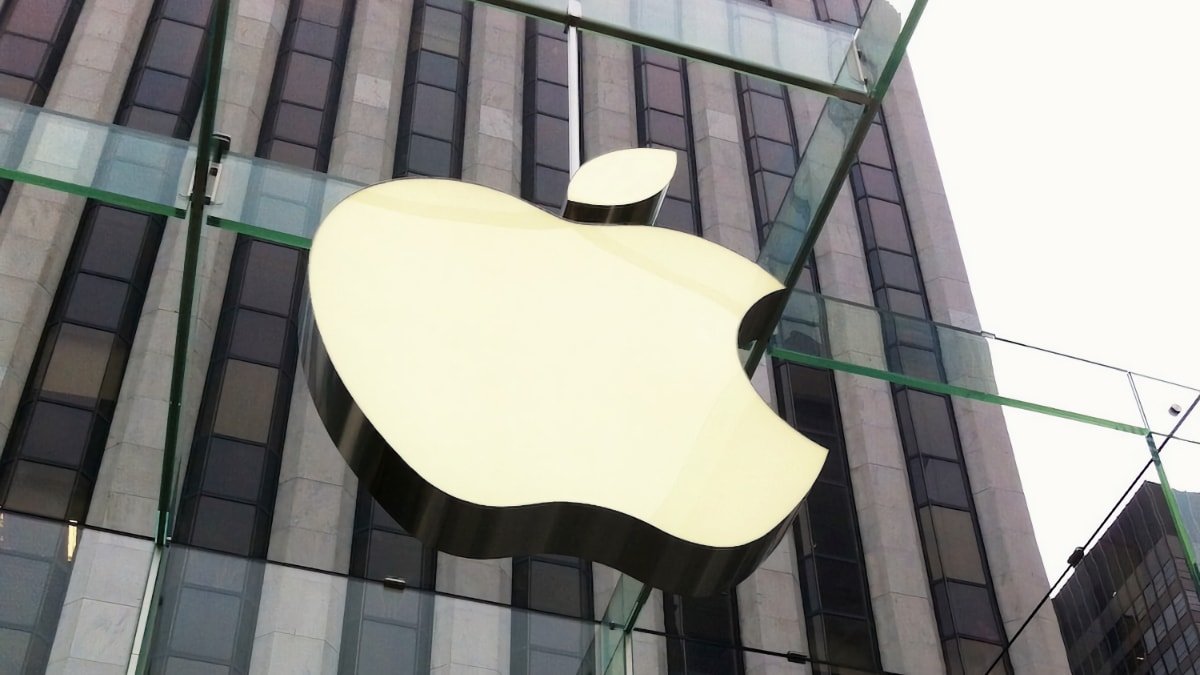In a bold move to curtail the dominance of major tech companies, Japan is gearing up to overhaul its antitrust regulations, potentially imposing fines of up to 20% of sales on firms like Apple for monopolistic practices. This marks a significant increase from the current maximum of 6%, reflecting Japan's rigorous stance on ensuring competitive fairness in the tech industry.
The Japanese government's decision comes amidst growing global concerns about the power exerted by tech giants, which have been accused of stifling competition and maintaining their monopolies by restricting access to crucial markets like app distribution. This regulatory push mirrors actions taken by other jurisdictions, including the European Union, which has also been active in reining in tech companies.
Under the proposed regulations, companies that operate mobile platforms, such as app stores, will be required to allow alternatives to their own systems, ensuring a more level playing field for app developers and smaller competitors. This move is aimed at breaking down barriers that currently benefit entrenched tech players over emerging innovators.
The revised penalties could see companies facing fines up to 30% of sales if they continue to engage in anti-competitive practices, underscoring the severity with which Japan is addressing these issues. This dramatic step indicates a major shift in policy as Japan seeks to promote a healthier digital economy.
The Japanese Fair Trade Commission is expected to present a detailed draft of the new proposal to the ruling Liberal Democratic Party's economy and industry unit soon, with plans to introduce the bill in parliament in the coming weeks. This development could spur further regulatory reforms globally as nations reevaluate their stance on digital market monopolies.






